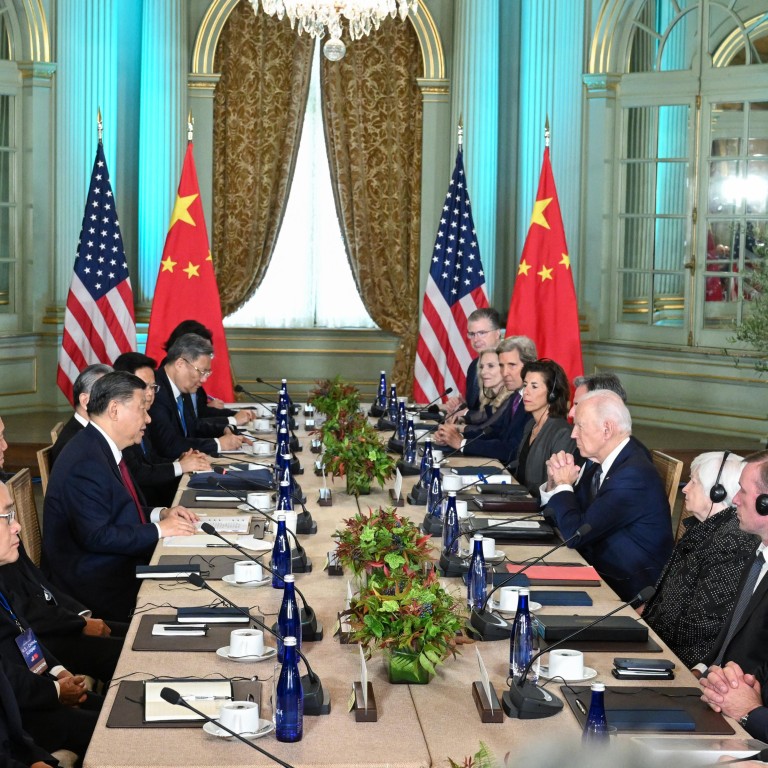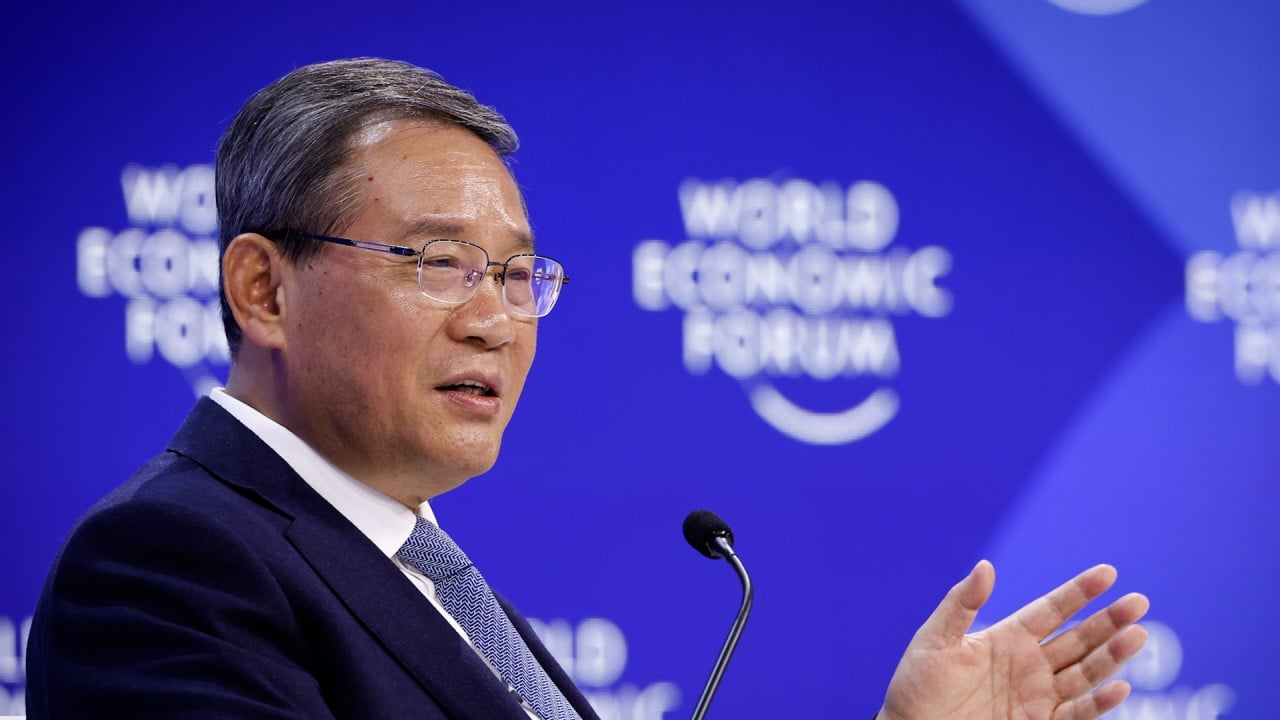
AmCham China survey flags tensions and regulatory climate, with a third reducing investment plans for 2024
- Nearly a third of 343 members cited uncertainties in the US-China economic relationship as the primary reason behind their reduced investment plans in 2024
- Tech and R&D sectors are particularly hit amid ‘strained’ US-China relations, according to findings by the American Chamber of Commerce
Despite improved confidence about China’s near-term economic outlook, survey results continue to show US businesses as reluctant to expand investment in the country – deterred by bilateral tensions and regulatory challenges.
Nearly half of polled American firms said they had no plans to expand investments, or were intending to cut investments, in their China operations, according to the results of an American Chamber of Commerce in China (AmCham) survey released on Thursday.
‘Opposite directions’: in German trade, US is poised to overtake China in 2024
Overtaking the uncertain policy environment that had been dominating concerns last year, nearly a third of 343 surveyed members cited uncertainties in the US-China economic relationship as the primary reason behind their reduced investment plans in 2024, particularly in the tech and research and development sectors, AmCham said.
“Despite the expansion in bilateral trade in recent years, mistrust between the United States and China remains high, and relations are strained,” said AmCham China chairman Sean Stein. “The need for accurate information has never been greater.”
China’s market remains significant for US businesses, with half of polled members viewing it as a top-three global investment destination. And 77 per cent of members across all sectors were not considering relocating manufacturing or sourcing outside of China.
AmCham president Michael Hart pointed out that supply-chain disruptions have become a major reason behind US companies’ investment decisions.
“What we’re seeing is that a certain amount of American investments and foreign investment in China is being driven by Chinese corporate desire for their supply chains to be more secure, to be more resilient, and to be more robust,” Hart said. “So, for companies that want to stay a part of their supply chains, they’re being given a choice [by Chinese firms]: ‘Either bring more production close to where we are, or we are going to find someone who is.’”
“And it’s not due to industrial policy or anything else,” he said. “It’s due to corporate interest that the Chinese companies want that sort of security.”
Other top concerns included risk management and uncertainties over the policy environment, trade tensions and market-access barriers, according to the survey.
The two sides have increased cooperation since last year, including meetings of financial and economic working groups, which were launched in September after a visit to Beijing by US Secretary of the Treasury Janet Yellen, with an aim of fostering regular communication.
But the trade prospects continue to be clouded by decoupling calls, tech wars and export controls.
Member companies said they hoped the two governments could moderate their rhetoric and pursue effective, high-level dialogues, while continuing to urge the Chinese government to treat US businesses fairly and engage more effectively with the foreign business community.
Despite improvements from 2022, 57 per cent of companies lacked confidence that China would further open its markets to foreign firms, while the level of reception is complex for US businesses – 39 per cent of the companies felt less welcome in China, voicing concerns about market openness and unequal treatment, while 31 per cent of members said they felt more welcome, up 13 per cent.
Elsewhere, talent retention was reported to have improved, though it still suffered from bilateral tensions, members said.


